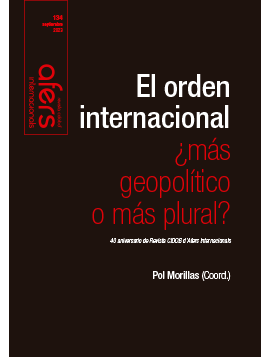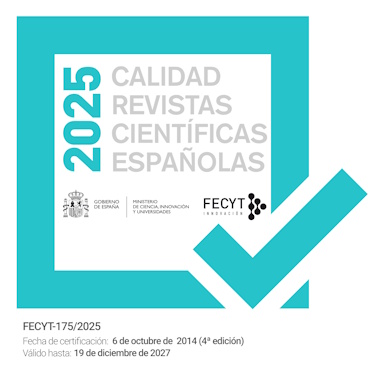The networked power of urban diplomacy in global governance
Keywords:
cities, networks, globalisation, networked power, urban networks, climate changeAbstract
Revista CIDOB d’Afers Internacionals, nº 134, p. 131-147
Quadrimestral (May-Setembre 2023)
ISSN:1133-6595 | E-ISSN:2013-035X
DOI: doi.org/10.24241/rcai.2023.134.2.131
The network structures that have arisen out of globalisation could provide an alternative means of addressing major global challenges (climate change, mitigation of its effects or the prevention of pandemics). Cities increasingly consider themselves “actors motivated by interests” and they turn to urban diplomacy and interest-based networks to change the conversation – and, ultimately, the power structure – of multinational governance. Starting with a definition of what urban power is, this paper examines the rise of urban networks and their leverage of data to claim a more active role in the face of their nation-states, and on a global scale. Drawing on two brief case studies – the C40 network and Voluntary Local Reviews – it points to possible ways forward for urban networks of influence in the short term.
This article is adapted from "Metrodiplomacy: How Digital Connectivity Can Expand the Power of Urban Influence", Data in International Relations, Bjola, C. and Kornprobst, M. (eds.) Routledge, (London, 2023), forthcoming.
>> The full text articles of this issue are available only in Spanish language
Published
Versions
- 2023-10-06 (2)
- 2023-09-29 (1)













